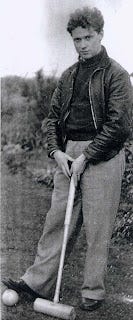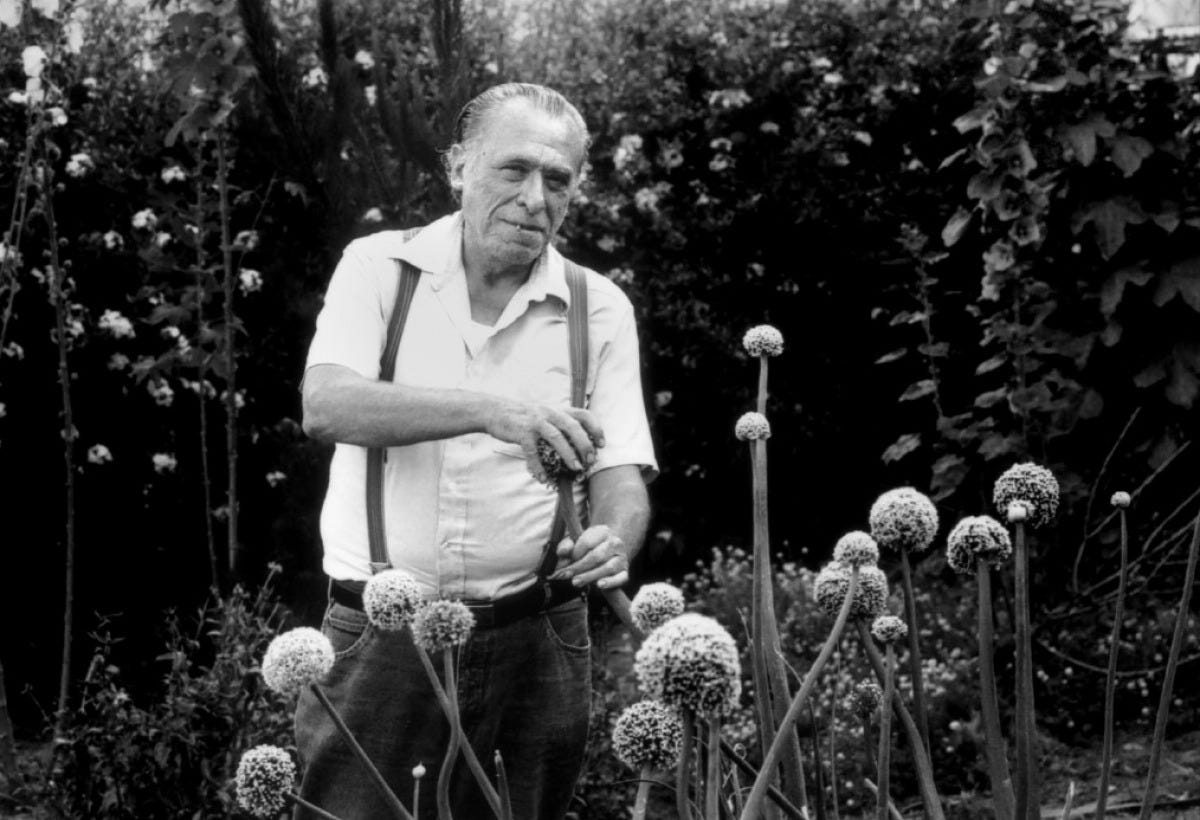Wayne Shorter and Lee Konitz
I hope I don't sound like a broken record but having had a spell of good fortune to sit and study with Lee Konitz, one on one, for a couple years really stands out as an important era in my musical development. So now that he's gone I find myself looking for the man in the literature and the recordings he left behind. A kind person with a soft spoken delivery was a powerhouse of intellect and discipline, yet to sit with Lee it was about looking for the music in the music.
So here are some comments I found in the excellent book, Lee Konitz: Conversations on the Improviser's Art (Jazz perspectives)
Konitz on Wayne Shorter:
*I've never heard him play a traditional tune, with fairly straightforward changes, that effectively. But what he does at The Plugged Nickel is a work of genius. Nobody has played a more interesting set of variations on a standard, totally free of all the obligations of the harmonies, than he did there- just playing on the form. Sometimes Ron Carter was playing the changes, but Wayne was just playing a chromatically based series of melodies. On "Stella by Starlight," he went into the melody after a number of brilliant choruses and it knocked me out.*
The economy of his playing is so great. Well, in terms of just standing there and waiting till he feels like playing something, I really love that. It's so traditional to just to stand up and press the switch, and spit out the eighth notes. But he doesn't do that, he was listening to his band.*
In popular music sometimes we as instrumentalists are called upon to play a solo as the retelling of the melody or as a placeholder or a breather from the wordplay. That's an opportunity to be crafty, succinct and maybe if you're lucky you offer a ramp to the clouds for a few seconds. But in improvised music the order is for a complete dinner. We prepare for this by learning scales and devices and hopefully studying and memorizing the structures of the music we enjoy so we can have context for the moment when we lead the ensemble.
The folklore behind The Plugged Nickel dates, according to Herbie Hancock, is that the band had been playing the same playlist for months on an almost daily basis and that night in the dressing room the band decided to, "go left" at every opportunity. The directive to reject the familiar or first impulse and choose an unusual path through the repertoire was a way to prank Miles Davis who wasn't in on the joke.
As luck would have it, the sets were recorded by a mobile unit parked outside the club. You hear the cash register, the sparse applause of patrons at a few tables. Nonetheless the band began the first tune playing ideas that were the antithesis of what the standard repertoire, or this group had been playing. As Herbie tells it, from the first note, Miles heard the concept right away and after a momentary pause he played as if nothing unusual was going on.
In my estimation this stands as some of the most interesting and profound group cohesion in modern jazz. To think the grain of sand that created the pearl was humor, adds to the humanity and divine consequence.
Konitz on listening to Wayne’s approach:
*I've been working on that for a long time, trying to essentialize a tune. I still love playing on a progression rather than totally free. But I want to find out how to be loose on that progression. When I practice, I practice half notes, and whole notes, and longer note-values, almost like a subsidiary line that you would play. It gives a really nice groundwork for the tune, I think, and the chance to really dig in to each note before unfolding all of the fury and faster rhythms. The whole thing about feeling the note, and hearing the people I'm playing with, facilitates that process. It sounds like Wayne's doing that. He'll just hold a note, and listen to what's around him. I like the anagram listen=silent.
And when he finally plays a phrase, it's pretty spontaneous-sounding. It's fascinating what he's doing [with his band now.] I'd love to be in a situation like that.*
Wayne on Lee's comments on his playing:
*My long notes could be to check intonation, but also to see what meaning that note has, in reflecting life. Sometimes one note can inspire an awakening. You can speak about life in words, but to speak about life in other forms is a challenge too. I'm just celebrating the phenomena of what life is, which is eternal.*
And now, a palette cleanser…
I’m a Dylan Thomas reader. Whenever I walk past the condos on the corner of Greenwich and Seventh Ave south, where the big Starbucks is, I look up at the upper stories of that building and imagine the hospital room, (it used to be St. Vincent’s Hospital back in the day) where my poetic hero Dylan Thomas breathed his last. His elocution in the many recordings of his poetry are works of art both in his deliberate emphasis on the sound of the words and his powerful position in the sonic realm, as if he were thundering from a mountaintop. I sometimes drift through my beloved NYC streets with that guy narrating the walk in imagery that encompasses all there is to see and to think on a spring day.
I’ve chosen this one because it speaks to the ideas above, namely the presence of mind, the attention that the masters bring to the moment of musical expression. That thing we call flow is a suspension of time and place, the drug of choice, the payoff for those hours of trying, pushing, failing in the practice room.
I know this vicious minute's hour
I know this vicious minute's hour;
It is a sour motion in the blood,
That, like a tree, has roots in you,
And buds in you,
Each silver moment chimes in steps of sound,
And I, caught in mid-air perhaps,
Hear and am still the little bird,
You have offended, periodic heart;
You I shall drown unreasonably,
Leave you in me to be found
Darker than ever,
Too full with blood to let my love flow in.
Stop is unreal;
I want reality to hold within my palm,
Not, as a symbol, stone speaking or no,
But it, reality, whose voice I know
To be the circle not the stair of sound.
Go is my wish;
Then shall I go,
But in the light of going
Minutes are mine
I could devote to other things.
Stop has no minutes,
but I go or die.
wait… I just caught something..
In the lines; [Hear and am still the little bird,
You have offended, periodic heart;
You I shall drown unreasonably,
Leave you in me to be found
Darker than ever,
Too full with blood to let my love flow in.]
I can clearly hear Charles Bukowski’s “Bluebird.”
The poem was written in 1992. Did Charles catch a whiff of Thomas’s idea and paint his own heart a drowned bird?
Bluebird
there's a bluebird in my heart that
wants to get out
but I'm too tough for him,
I say, stay in there, I'm not going
to let anybody see
you.
there's a bluebird in my heart that
wants to get out
but I pour whiskey on him and inhale
cigarette smoke
and the whores and the bartenders
and the grocery clerks
never know that
he's
in there.
there's a bluebird in my heart that
wants to get out
but I'm too tough for him,
I say,
stay down, do you want to mess
me up?
you want to screw up the
works?
you want to blow my book sales in
Europe?
there's a bluebird in my heart that
wants to get out
but I'm too clever, I only let him out
at night sometimes
when everybody's asleep.
I say, I know that you're there,
so don't be
sad.
then I put him back,
but he's singing a little
in there, I haven't quite let him
die
and we sleep together like
that
with our
secret pact
and it's nice enough to
make a man
weep, but I don't
weep, do
you?







